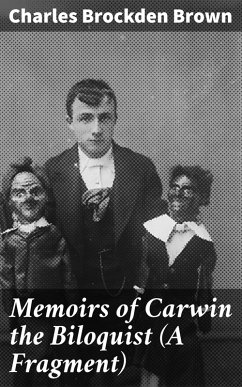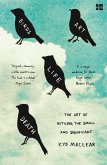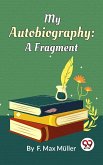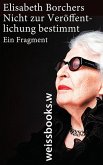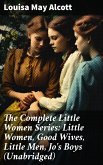In "Memoirs of Carwin the Biloquist (A Fragment)," Charles Brockden Brown delves into the complex interplay of identity, voice, and morality within the framework of early American literature. This novel employs an epistolary style, blending confessional narratives and philosophical discourse to explore the enigmatic character of Carwin, a ventriloquist whose unsettling abilities prompt profound existential questions about authenticity and the nature of communication. Set against the backdrop of a burgeoning nation grappling with Enlightenment ideals, the work engages with themes of deception, power, and the intricacies of human relationships. Charles Brockden Brown, often regarded as the first significant American novelist, was deeply influenced by the tumultuous socio-political landscape of late 18th-century America. His engagement with radical ideas, combined with his interests in psychology and ethics, is reflected in Carwin's struggles with his own dual nature. Brown's literary career was marked by a commitment to exploring the darker facets of human experience, often incorporating elements of Gothic horror and psychological depth that challenge the conventions of his time. Readers who seek a profound exploration of identity and morality will find "Memoirs of Carwin the Biloquist" a compelling read. Brown's masterful use of suspense and philosophical inquiry encourages readers to reflect on the complexities of human nature, making this work not only a cornerstone of American literature but also a timeless commentary on the human condition.
Dieser Download kann aus rechtlichen Gründen nur mit Rechnungsadresse in A, B, BG, CY, CZ, D, DK, EW, E, FIN, F, GR, H, IRL, I, LT, L, LR, M, NL, PL, P, R, S, SLO, SK ausgeliefert werden.

